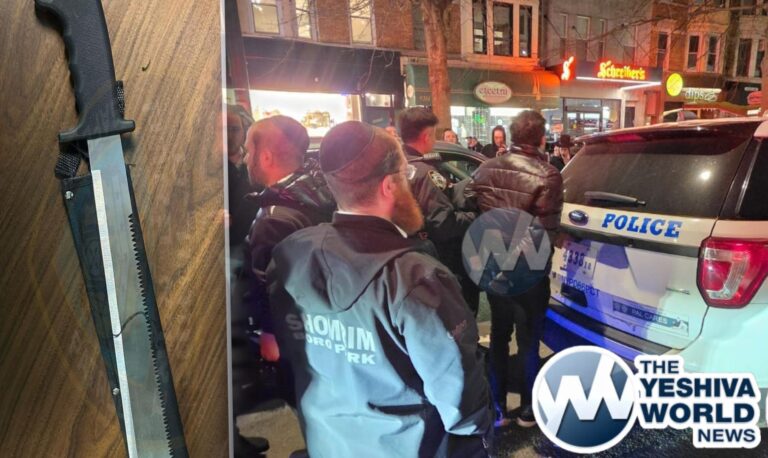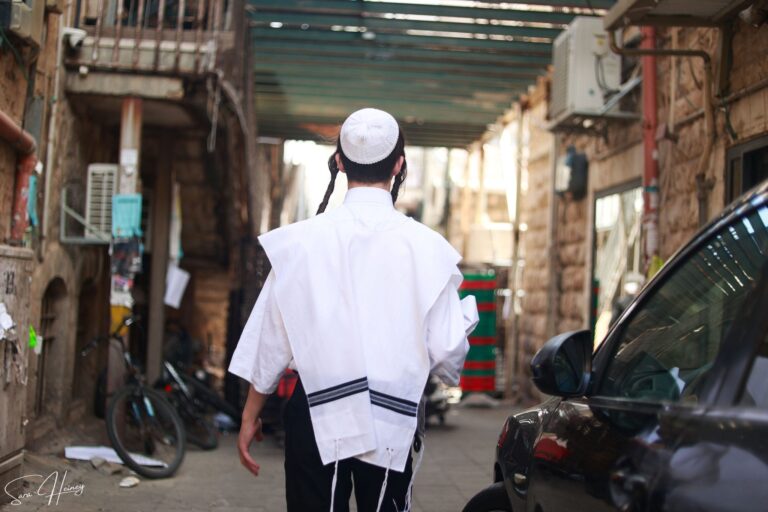For a first time, the IDF has released new orders, addressing what is and what is not permitted on social media. Clearly the move is compelled by the increase in popularity of social media in recent years.
Under the new regulations released on Tuesday, military personnel are forbidden to respond to politicians’ posts and upload pictures from military bases.
According to the new order, soldiers are allowed to keep accounts on Facebook, Twitter and Instagram, and are allowed to upload content from their service, including photos in uniform (except for classified soldiers). It is also permitted to have private conversations on social media platforms such as WhatsApp or related applications like Facebook Messenger. On the other hand, soldiers are forbidden to upload pictures from military bases or to share their base locations.
It was further determined that for the first time, soldiers would be prohibited from posting posts on political, diplomatic or military issues. It is also stated that users are not allowed to comment on politicians’ posts – and cannot even mark “likes” for such posts or pages. However, the soldiers will be able to follow the pages of politicians or parties.
The order states that soldiers can be prosecuted if they share forbidden content, but the IDF explained that the order is mainly propaganda and will not be enforced harshly.
“There are things that are forbidden on the Internet by virtue of being a soldier. A soldier can follow politicians, but not express opinions on sensitive or controversial issues,” the IDF Spokesperson explained. “If a young man has clicked on ‘Like’ on the page of a politician before he is drafted, there is no need to remove it – but during military service one can only follow politicians, and not press ‘like.'”
(YWN Israel Desk – Jerusalem)











